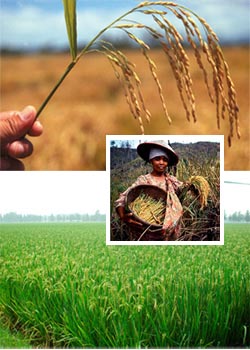Seed quality
 What is seed quality?
What is seed quality?
A seed is a living product that must be grown, harvested, and processed correctly to maximize its viability and subsequent crop productivity. Seed quality is the summation of the factors that contribute to seed growth. Seed quality is also affected by temperature, nutrients, and other environmental factors.
Why is seed quality important?
Good-quality seed can increase yield by 5−20%. However, the extent of this increase is directly proportional to the quality of seed that is being sown. High-quality seed enables farmers to grow crops, which have
- the most economical planting rate
- a higher percentage of seeds emerging in the field
- a minimum of re-planting
- vigorous seedling establishment
- uniform plant stand
- faster growth rate and better resistance to stress and diseases
- uniformity in ripening
How do we measure seed quality?
While different countries have different standards for seed quality, the following factors are used to classify rice seeds:
- Varietal purity
- Other varieties
- Weed and other crop seeds
- Inert material
- Red rice
- Germination
- Moisture content
Official standards for seed certification in the Philippines

For more information:
Visit the Rice Knowledge Bank website (http://www.knowledgebank.irri.org), email postharvest@irri.org; or call +63 2 580 5600.







